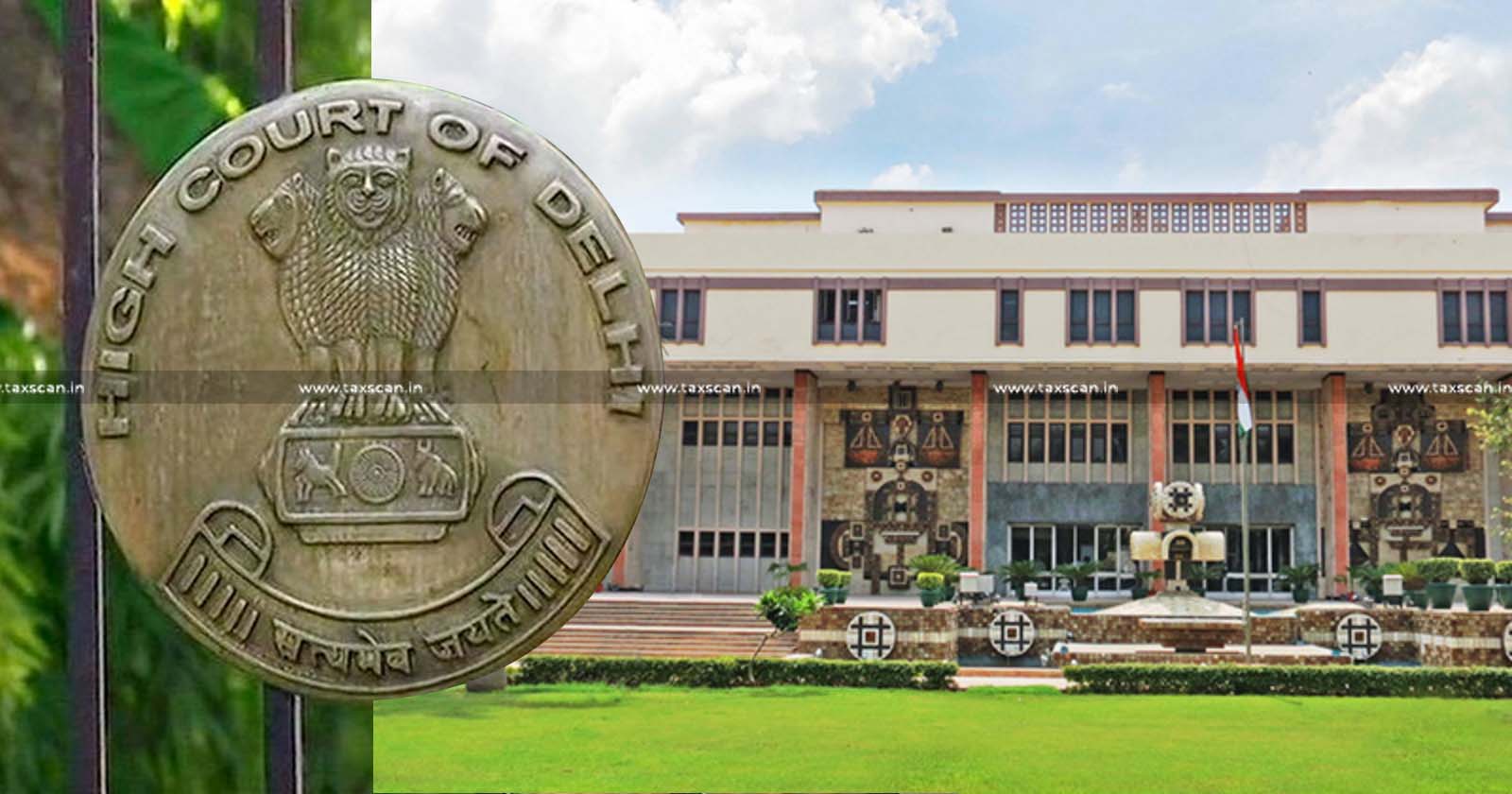Delhi HC upholds Constitutionality of S. 132 Companies and NFRA Rules in Challenge by CA Firms, quashes SCNs [Read Order]
The petitions, filed by auditing firms and chartered accountants, argued that these provisions were arbitrary and sought their annulment

Delhi High Court – SCN – Show cause notice – NFRA – CA Firms – TAXSCAN
Delhi High Court – SCN – Show cause notice – NFRA – CA Firms – TAXSCAN
The Delhi High Court recently rejected a challenge to the constitutional validity of Section 132(4) of the Companies Act, 2013, and Rules 3, 8, 10, and 11 of the National Financial Reporting Authority ( NFRA ) Rules, 2018.
The petitions, filed by auditing firms and chartered accountants, argued that these provisions were arbitrary and sought their annulment. Alternatively, the petitioners requested that the provisions not apply to audits conducted before October 1, 2018, when Section 132 of the Companies Act was enacted.
Become PF & ESIC Pro: Basic to Advance Course - Enroll Today
The division bench comprising Justice Yashwant Varma and Justice Dharmesh Sharma upheld the constitutional validity of the provisions, providing the following reasoning:
The petitioners contended that the retrospective application of Section 132 was unlawful and infringed upon their vested rights. They argued that the section introduced new procedures for addressing allegations of professional misconduct and imposed new obligations on past transactions. Additionally, they claimed that Section 132(4) violated Article 20(1) of the Constitution, which prohibits imposing penalties greater than those applicable at the time of the offense.
The petitioners challenged the NFRA Rules, arguing that the authority was not bound to follow fair procedures and that Rule 11 lacked due process. The Court, however, noted that Rule 11 mandates adherence to the principles of natural justice, including providing an opportunity for a hearing. It also observed that NFRA’s inquiries are initiated either through government referrals or suo motu investigations, and the denial of cross-examination does not render the procedure arbitrary.
The petitioners also contested the validity of a Show Cause Notice ( SCN ) issued by NFRA under Section 132(4) of the Companies Act. The notice was based on an Audit Quality Review Report ( AQRR ) prepared by NFRA’s Executive Body, which also initiated disciplinary action. The petitioners argued that the same body investigated and decided the matter, violating principles of impartiality.
The petitioners also argued that restricting proceedings to the audit file deprived them of a fair chance to respond to the charges. The Court dismissed this claim, stating that since the charges are based solely on the audit record and investigation reports, limiting the inquiry to the audit file is not arbitrary.
The Court, however, emphasized that the issue of retrospectivity must be examined in the context of how the law impacts existing rights. It noted that Section 132(4) does not create new categories of misconduct or liabilities but relies on the pre-existing definition of "professional or other misconduct" under Section 22 of the Chartered Accountants (CA) Act. The Court stated, “The argument of retrospectivity is unmerited because the nature of professional misconduct remains unchanged. The only modification is the manner and scope of the inquiry under Section 132.”
Become PF & ESIC Pro: Basic to Advance Course - Enroll Today
The Court further rejected the claim of vested rights, stating that auditors cannot claim immunity from being tried for misconduct merely because the act occurred before Section 132 came into force. It clarified that Article 20(1) applies only to criminal penalties and not to civil liabilities, and since Section 132 does not introduce new offenses or criminal penalties retrospectively, it does not violate Article 20(1).
The Delhi High Court Division Bench, in agreement, stated that the Companies Act and NFRA Rules require a separation of functions to ensure neutrality. It observed, “The Executive Body cannot simultaneously author the AQRR and initiate disciplinary action. The Act and Rules mandate a clear division of roles within NFRA.” Consequently, the Court quashed the Show Cause Notices issued by NFRA.
In result, the Delhi High Court upheld the constitutional validity of Section 132(4) and the NFRA Rules while emphasizing the importance of procedural fairness and the separation of functions within regulatory bodies.
To Read the full text of the Order CLICK HERE
Support our journalism by subscribing to Taxscan premium. Follow us on Telegram for quick updates


